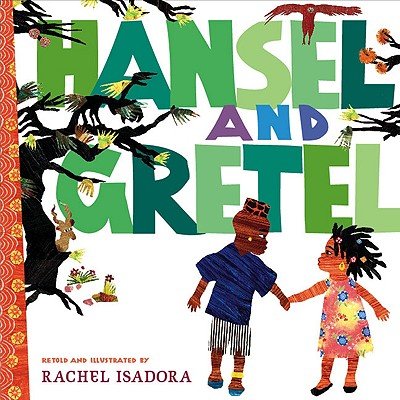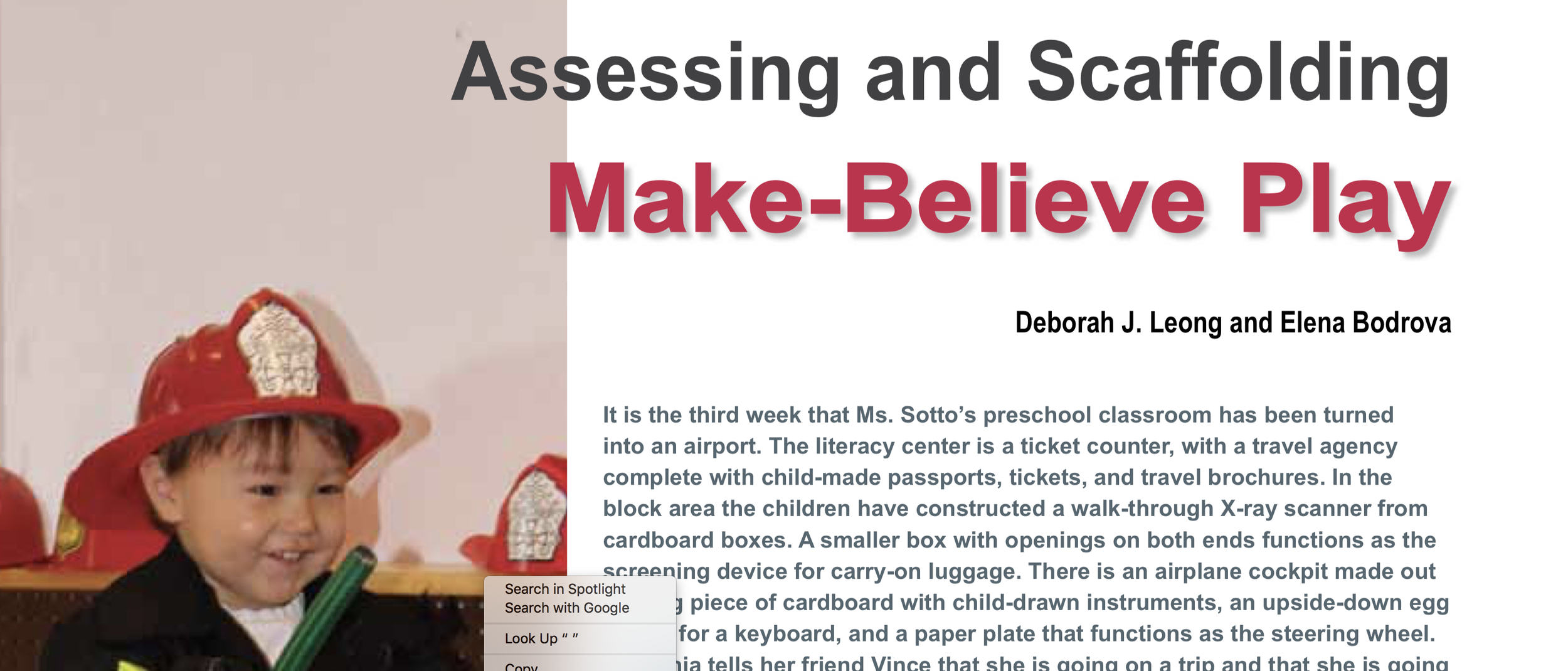
Protective Factors of Resilience
You have probably heard a lot of buzz about social-emotional learning, or SEL. Here’s some good news: There is significant overlap between the skills commonly described as social-emotional learning (SEL) and the protective factors of resilience. Researchers Gartrell and Cairone defined resilience, in fact, as “the ability to use social-emotional skills to overcome, or bounce back from, the effects of stress in one’s life” (Gartrell & Cairone 2014, p. 92).
But resilience, as studied by Dr. Ann Masten and others, can be even more specifically described, and doing so is really useful for early childhood educators. The protective factors that we can easily address in the classroom fall into four categories: relationships, initiative, self-regulation and executive functions, and cultural affirmation.
The great news is that ALL of these weave seamlessly through the developmentally appropriate practices that underpin high quality early care and education!
The National Scientific Council on the Developing Child has recommended that early childhood education be viewed as an important component of societal efforts to promote resilience in all children. While we can’t do anything about the relationship that a parent may have with his or her children, we CAN provide children with a cozy network adult and peer relationships, and lots of vibrant experiences that promote self-efficacy, self-regulation, and executive function skills. Click below for a closer look at these protective factors!
Curated materials from the Resource Hub
The curated resources on this page will guide you on your learning quest!
From the Blog
Executive Function: Skills for Life and Learning
This video offers both the science and practical applications of executive function skills, with lots of classroom-related tips!
How Children and Adults Can Build Core Capabilities for Life
Want to know about how EF develop, and the connection between EF and resilience? This video gives an accessible view into this important cluster of skills.
How to Help Children Develop Executive Functions
Leading EF researcher Dr. Adele Diamond offers lots of solid developmental knowledge and no-nonsense tips for parents and teachers on how to support children’s EFs!
How Brains are Built: The Core Story of Brain Development
Great introduction to early brain development that discusses serve and return, stress, and EFs.
Make-Believe Play Article
This article in Young Children, May 2012, is a fantastic introduction to executive functions by Dr. Deborah Leong and Dr. Elena Bodrova. Their Tools of the Mind curriculum focuses on EF, self-regulation and make believe play. Click on photo to go to the article if you don’t have access to NAEYC publications.
Self-Regulation Skills: Why They Are Fundamental
This short video is like a quick class in Self-Regulation 101! The connections between self-regulation and executive functions is well-explained, too! Good animation helps all teachers relate to what S-R looks like in our classrooms, too!
It Takes Two: The Role of Co-Regulation in Building Self-Regulation Skills
This is a clear and engaging article from NAEYC’s journal Young Children (July 2015). Not only does it focus on the caregiving relationship in promoting self-regulation, it also targets children below the age of 3. Practical tips make this kind of “ordinary magic” seem as easy as abracadabra!
Jump, wiggle, learn? Self-Regulation TED Talk
Veteran teachers describe their journey with learning about self-regulation and how it changed their classroom practices. Although their students are in elementary school, many of the strategies, as well as their challenges, will ring true to teachers of younger children, as well.
Trust-based Relationship Intervention Animation:
Toxic Stress and the Brain
Although this refers to a specific program, it’s a great animation of how stress impacts emotional regulation centers in the brain. It offers specific strategies for how to support children who have experienced toxic stress develop their self-regulation.
Resisting the Marshmallow and the Success of Self-Control
There are LOTS of YouTube videos of children re-enacting the famous “Marshmallow Test!” And they are really funny! This is an NPR report that looks at both the original research and how schools are using it to help children self-regulation. (Cookie makes an appearance, too!)
Cookie Monster Practices Self-Regulation
This is part of NPR’s Life Kit Parenting Podcast series on self-regulation, featuring our favorite instant gratification hero, Cookie Monster! Lots of good connections with the original “Marshmallow Experiment” and it will make both you, and children, laugh!











